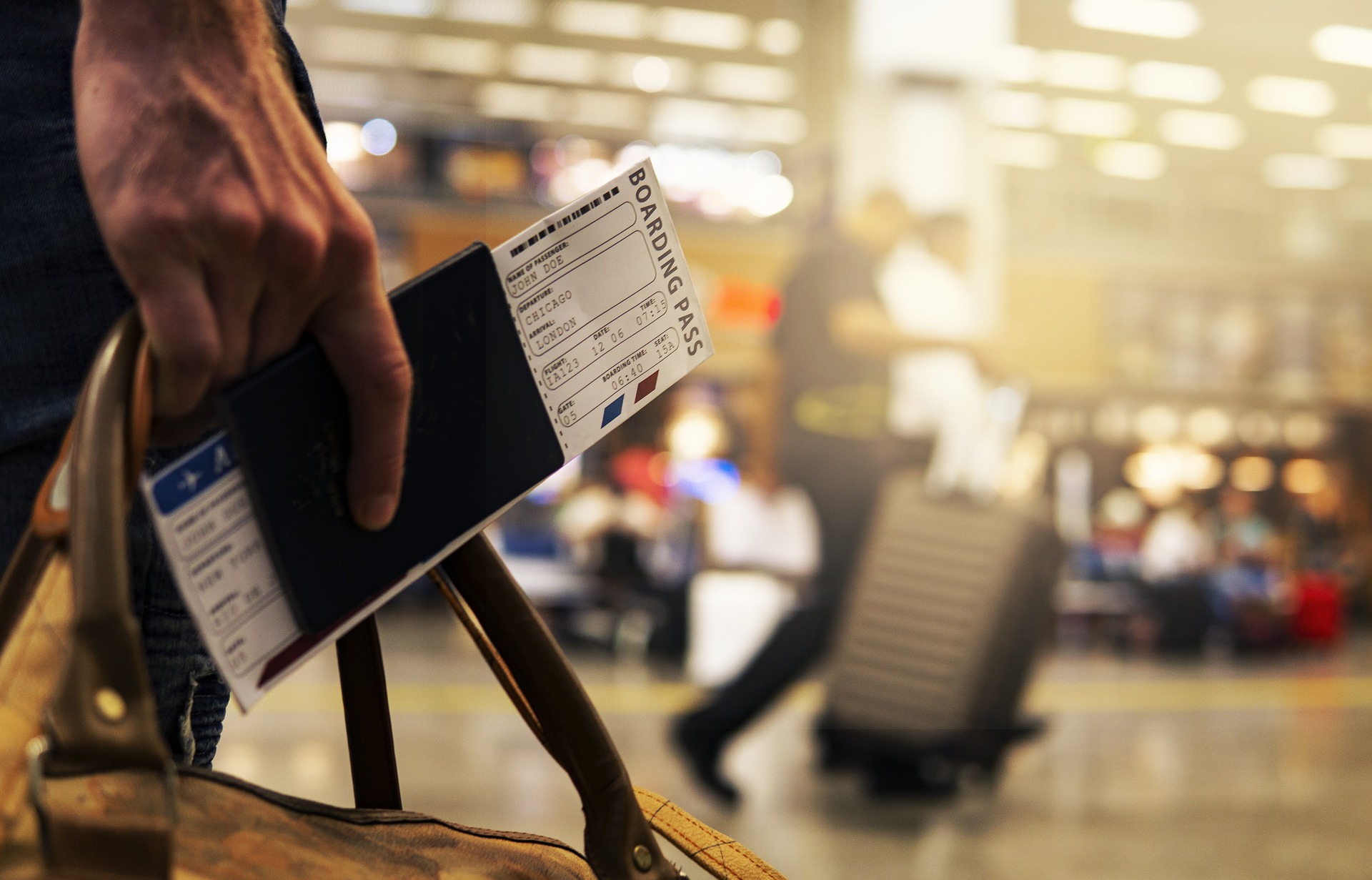
Travelling Before Receiving Your PR Card
Becoming a confirmed permanent resident in Canada is a significant milestone in an individual’s immigration journey. A common question from applicants waiting for their PR card is whether they could travel outside Canada before receiving their PR card. This article will shed light on the travel-related aspects for new permanent residents, including those with an expired PR card, emphasizing the Canadian government’s recommendations and procedures.
Understanding the PR Card
The PR card, issued by Immigration, Refugees and Citizenship Canada (IRCC), is an identification document confirming one’s permanent resident status in Canada. Unlike the initial Permanent Resident visa, which facilitates travel to Canada, the PR card allows individuals to enter and reside freely in the country.
Upon their first arrival in Canada, new permanent residents do not need their PR card; instead, they require their PR visa (if applicable), valid passport, COPR/e-COPR, and a valid medical test result. The first PR card is automatically sent by mail to the address provided at the port of entry or within the 180 days required to report an address in Canada.
Traveling Before Receiving the PR Card
New permanent residents may need to travel before receiving their PR card in certain situations. However, there are complications to be aware of, as the Canadian government does not ship PR cards outside of Canada, and third parties cannot accept them on behalf of the new PR.
In such cases, individuals without a valid PR card must apply for a Permanent Residence Travel Document (PRTD). The PRTD is a travel document, typically valid for a single use, allowing permanent residents to re-enter Canada. To be eligible for a PRTD, applicants must be outside of Canada, lack a valid PR card, and plan to return to Canada by air, boat, bus, or train.
Additional Travel Considerations
- Commercial Vehicle Travel: A valid PR card is required to return to Canada by commercial vehicle. If your PR card is set to expire while travelling outside Canada, it is advisable to apply for a new one before leaving. The Canadian government does not send PR cards to non-Canadian addresses, and third parties can only mail your PR card to you while you’re in Canada.
- Private Vehicle Travel: If returning by private vehicle, other acceptable documents can be used to prove identity and status.
- Expiration of PR Card: If the new PR card is not ready before departure, individuals can still travel but will need a Permanent Resident Travel Document (PRTD) to return to Canada by commercial vehicle. PRTDs can only be applied for from outside Canada.
Applying for a PRTD
The application for a PRTD must be completed outside of Canada. New permanent residents should obtain the application package, fill out the necessary forms, gather supporting documentation, and pay the associated fees online.
Depending on the applicant’s location, they may need to submit the application online through the permanent residence portal or, if applying on paper, send it to the nearest visa application centre (VAC). The method and location of the application can influence the processing time, and applicants may be required to attend an interview with a VAC agent.
For those aware of the need for urgent travel while still in Canada, there is an option for urgent processing of the PR card. Valid conditions for urgent processing include:
- Job opportunities.
- Serious illness (personal or family-related).
- The death of a family member.
However, even with urgent processing, there is no guarantee of receiving the PR card in less than three weeks.
New permanent residents must be aware of these procedures and plan accordingly, ensuring a smooth transition and compliance with Canadian immigration regulations. Additionally, individuals with an expired PR card are advised to renew it up to nine months before its expiration date, maintaining their status as confirmed permanent residents in Canada.




